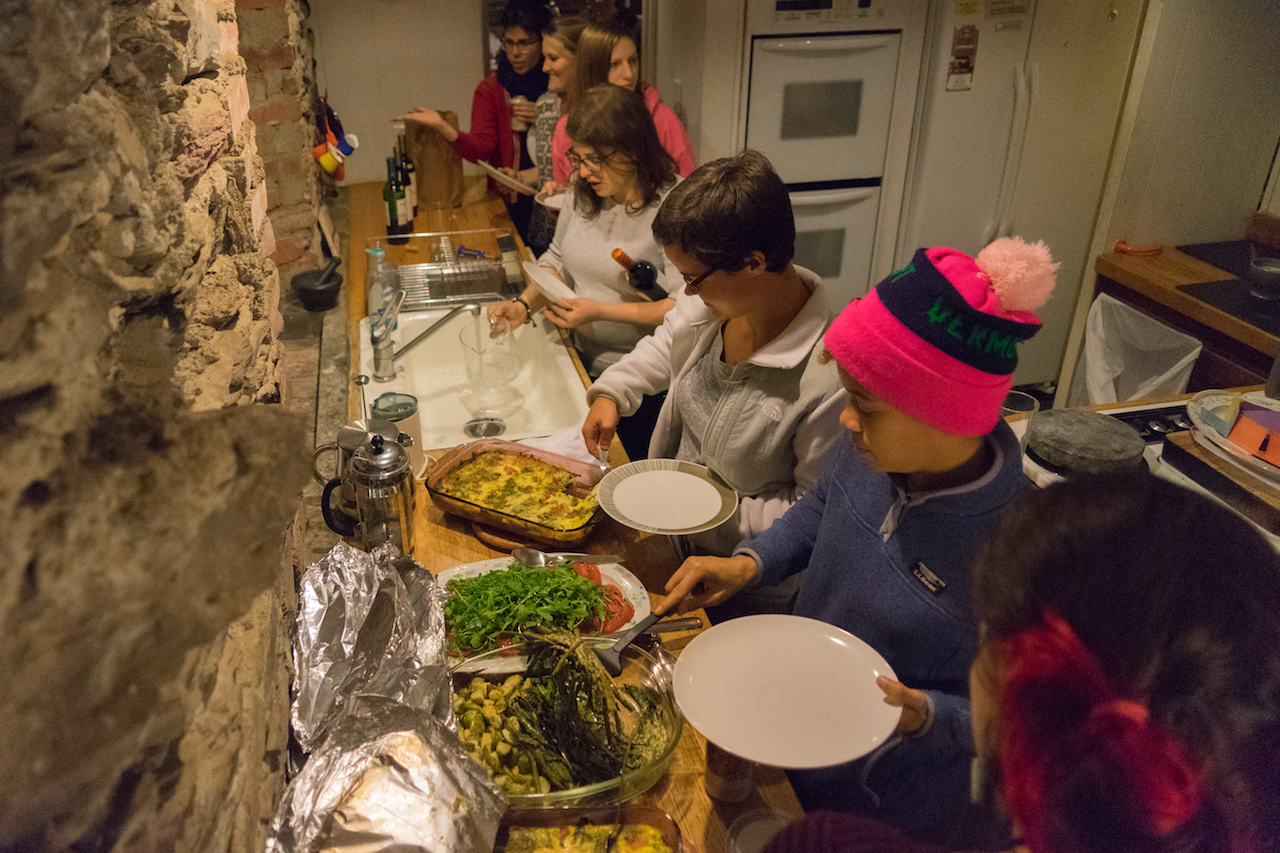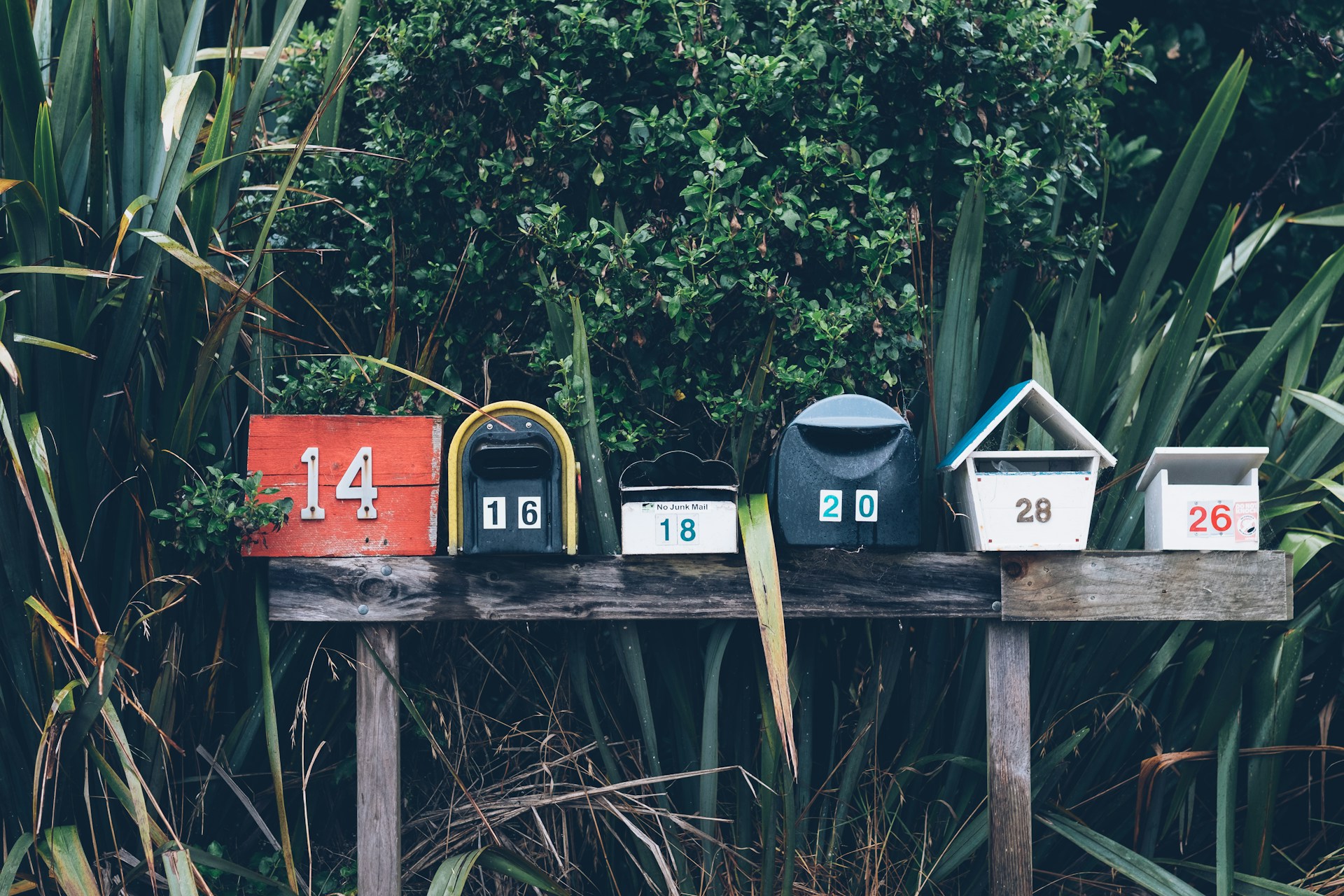It is through relationships that we find meaning and orientation in life. Mutuality gives grateful living its revolutionary power. Imagine a society in which mutual trust has the leverage that our present social order accords to fear. Imagine a society in which mutual caring has the leverage that our present social order accords to egotism.
Br. David Steindl-Rast
Welcome to Day Three of Awaken Your Revolutionary Spirit
The idea of a revolutionary spirit may conjure thoughts of people who take bold actions all by themselves. And while there are certainly those stand-out individuals who act with singular energy and courage, a revolutionary spirit depends on the fertile soil of community for both its roots and its harvest. Despite what many of us were taught in elementary school, for example, the Civil Rights activist Rosa Parks didn’t wake up one morning and suddenly decide not to relinquish her bus seat to a white man. No, for over two decades she was a trained and committed community organizer. Her revolutionary spirit was forged in community, and she took action not for herself alone but for the liberation of all.
In her poem “They Have Threatened Us with Resurrection,” the Guatemalan human rights activist and theologian Julia Esquivel reminds us that “in this marathon of Hope, / there are always others to relieve us / who carry the strength / to reach the finish line.” In other words, lest we give in to hopelessness and despair, we have to join with others and remember that our individual contribution matters when combined with the contributions of thousands of others. The change you hope to see in the world depends not on a single person or even generation, but on continually acting in community and relationship.
In the midst of what weighs on your heart, remember that you’re not alone. (Re)awaken your revolutionary spirit by connecting with others. If you feel isolated in your concern or fear, chances are you’re not the only one. But in isolation, doubt takes root, and we risk inaction — a loss to both ourselves and our communities. As Br. David Steindl-Rast reminds us, “If we sleep through our responsibility to the public good, we are… not fully awake, not fully alive.”
Today’s Practice: Stitch Your Passion to Another’s
Set the stage for today’s practice by reading Elaine Handley’s poem, “Praise Song,” in which the poet reminds us that in “stitching passion / to another’s,” we “quilt ourselves / into something / useful / from singular / desolation.”
Praise Song
by Elaine Handley
We are tattered bits of cloth
looking for pattern
in the dependable void.
At dusk, when fevers rise
colors are more beautiful:
the day rinsed of its complaints,
weariness gentling us.
Gray of rock or guns?
Startle of red bird in pine
or blood in ripe grass?
Golden sunglitter on sand
or dazzle of bombs?
Blue Giotto snow or planeless sky?
Fiery end, stars ignited in blackest night.
Mud, bamboo, diamonds, steel,
gold, bolts of fabric, paper and pen.
Who is to say what is more useful
or what feeds us best?
We have our work: stitching passion
to another’s.
Witness how well we quilt ourselves
into something
useful
from singular
desolation.
We have tools: eyes to watch, hands
to soothe, our minds to fasten to
breath, our breath to words, to curse,
to praise our ragged world.
Step One: Return to Your 5-Minute Love List
- Take a moment to return to your love list and the at-risk things you identified on the first day of the Pathway. Choose one of these to be your focus today — an issue you care about that you don’t know how to address.
- If nothing on your initial list fits this category, choose something where you need a boost of inspiration — and other people — to fuel and direct your action.
Step Two: Gather New Inspiration
With this issue as your focus, spend 5-10 minutes doing a little research to see who else cares about this issue and what they’re doing. Here are some questions you might ask your favorite search engine, community leader, colleague, or friend:
- What’s an inspiring example of people coming together to create positive change around …?
- Is there an organization in my own community or online that is trying to address…?
Make note of what offers inspiration, direction, or even hope.
Step Three: Forge Community & Connection
With a bit more knowledge of what others are doing and hopefully some creative inspiration, find or form a circle of people who care about the cause you’re focusing on. Here are some suggestions to help you arrive at one action you’d like to take:
- Host a “kitchen-table conversation” with 2–3 others to explore the issue and share ideas for taking action.
- Sign up today to volunteer with an organization doing the work you care about.
- Not ready or able to be on the front lines? Gather a group to write notes of gratitude to those working hard for the change you want to see.
Keep it simple, but make your plan and commit!
Step Four: Reflect & “Praise the Rugged World”
As you complete today’s practice, take a few minutes to consider the following:
- How does “stitching passion to another’s” and “quilting ourselves into something useful” help awaken your revolutionary spirit and keep you from hopelessness and despair?
- In what ways are our collective, community efforts at change a way to “praise our rugged world” and express our gratitude?
Scroll to the bottom of the page (or click here) to find the Community Conversation space where we invite you to share your reflections about today’s practice.
Deepening Resource
In 2013, Lennon Flowers and her friend Carla planned a dinner party and invited people they knew were grieving. Out of that ordinary gathering grew The Dinner Party, a network of hosted potluck dinners where people in their twenties to forties can share stories of loss and grief. By rooting in community, they serve the community — creating spaces where shared experiences can become “a springboard toward living better, bolder, and more connected lives.” Enjoy this inspirational story of two young women leaning into the power of community to provide a meaningful and vital resource for others.

Research Highlight
Drs. David DeSteno and Shanyu Kates at Northeastern University have shown that gratitude as an emotional state increases concern and care for the collective good over the individual. They found that people who experienced gratitude as an emotional state, not just a one-off or momentary experience, were more focused on the collective good than those who were either emotionally neutral and even emotionally happy. It was those who felt a generalized feeling of gratitude that were most concerned with not taking too much but leaving plenty for others. In other words, when we become grateful as a way of being, when we remember that it’s pretty extraordinary simply to be alive, we are better to one another.
Photo by Mathyas Kurmann


I love these prompts and the call to action associated with them. I love the idea of bringing together 2-3 people around a shared meal and discussing deeper topics such as building bridges amongst various faiths or cultures. This is something I’m going to reach out and try to get going.